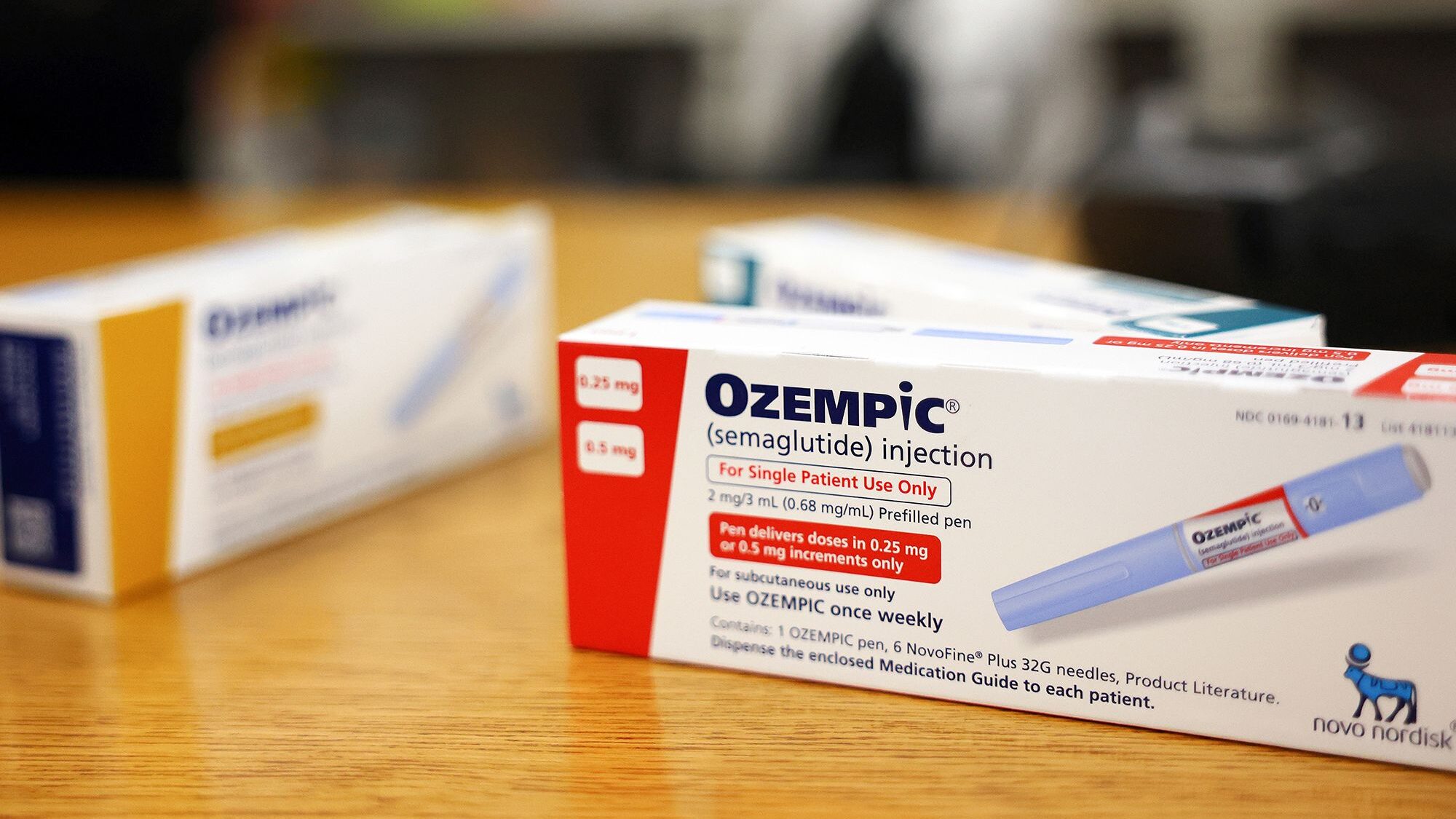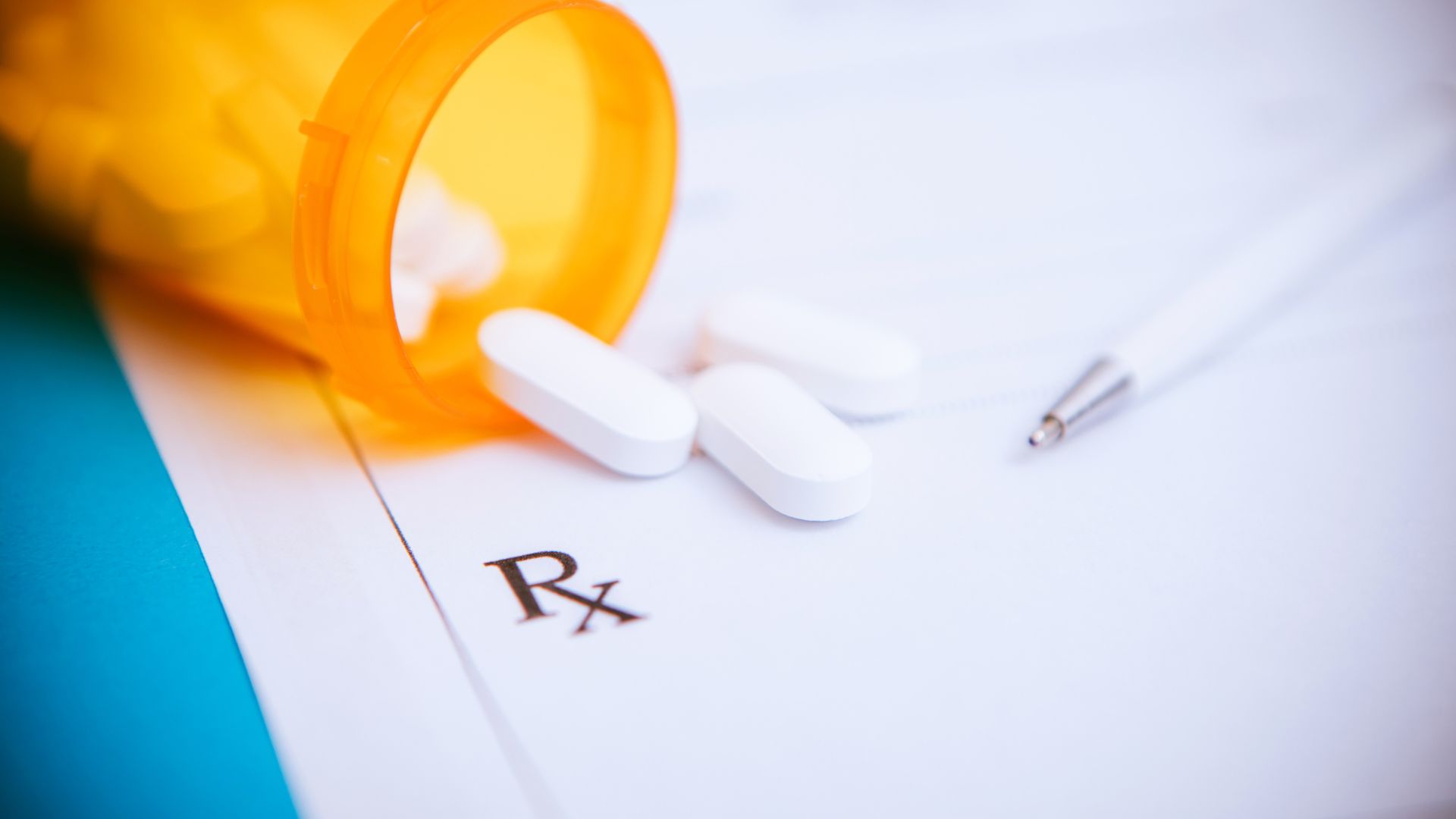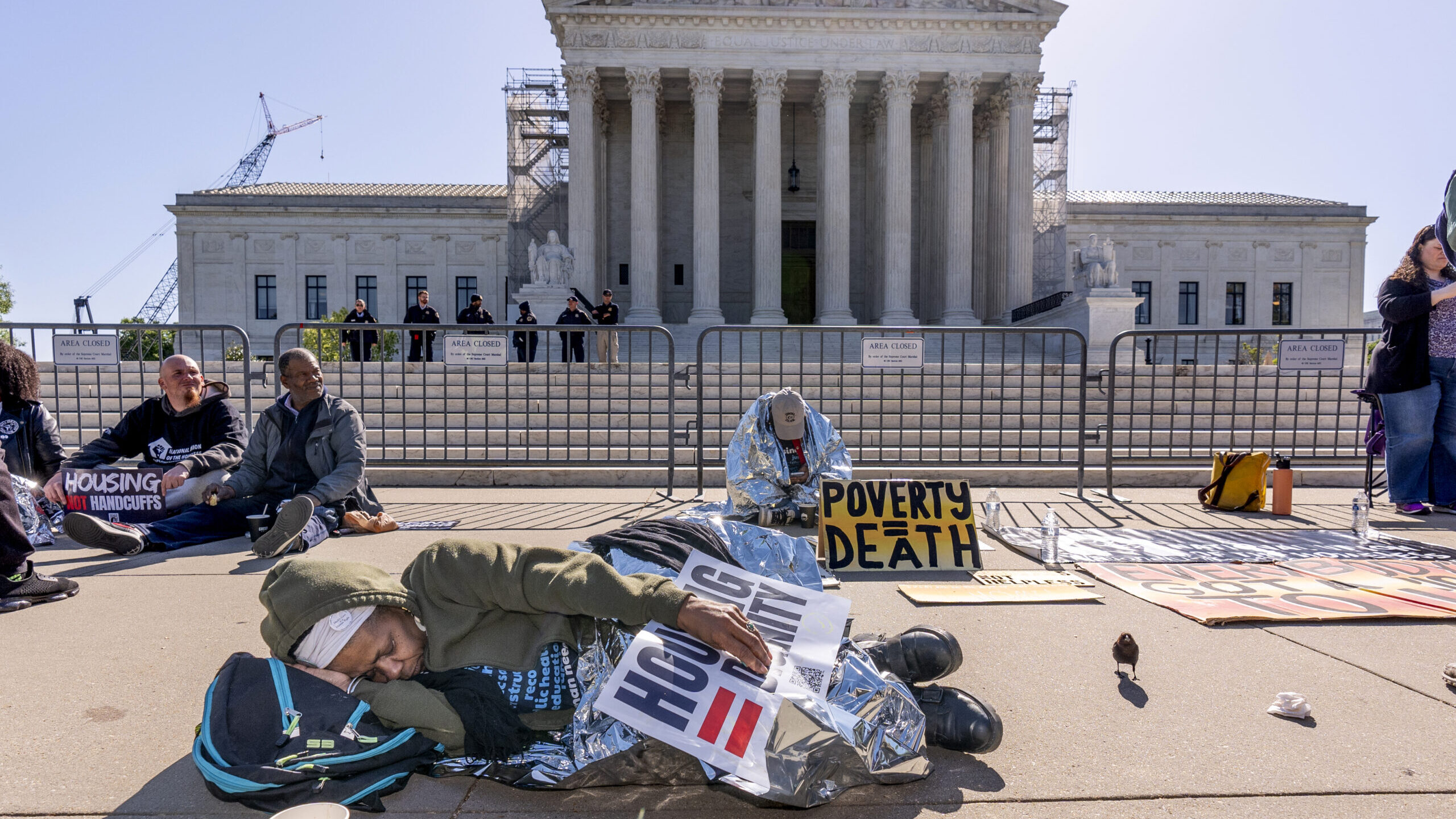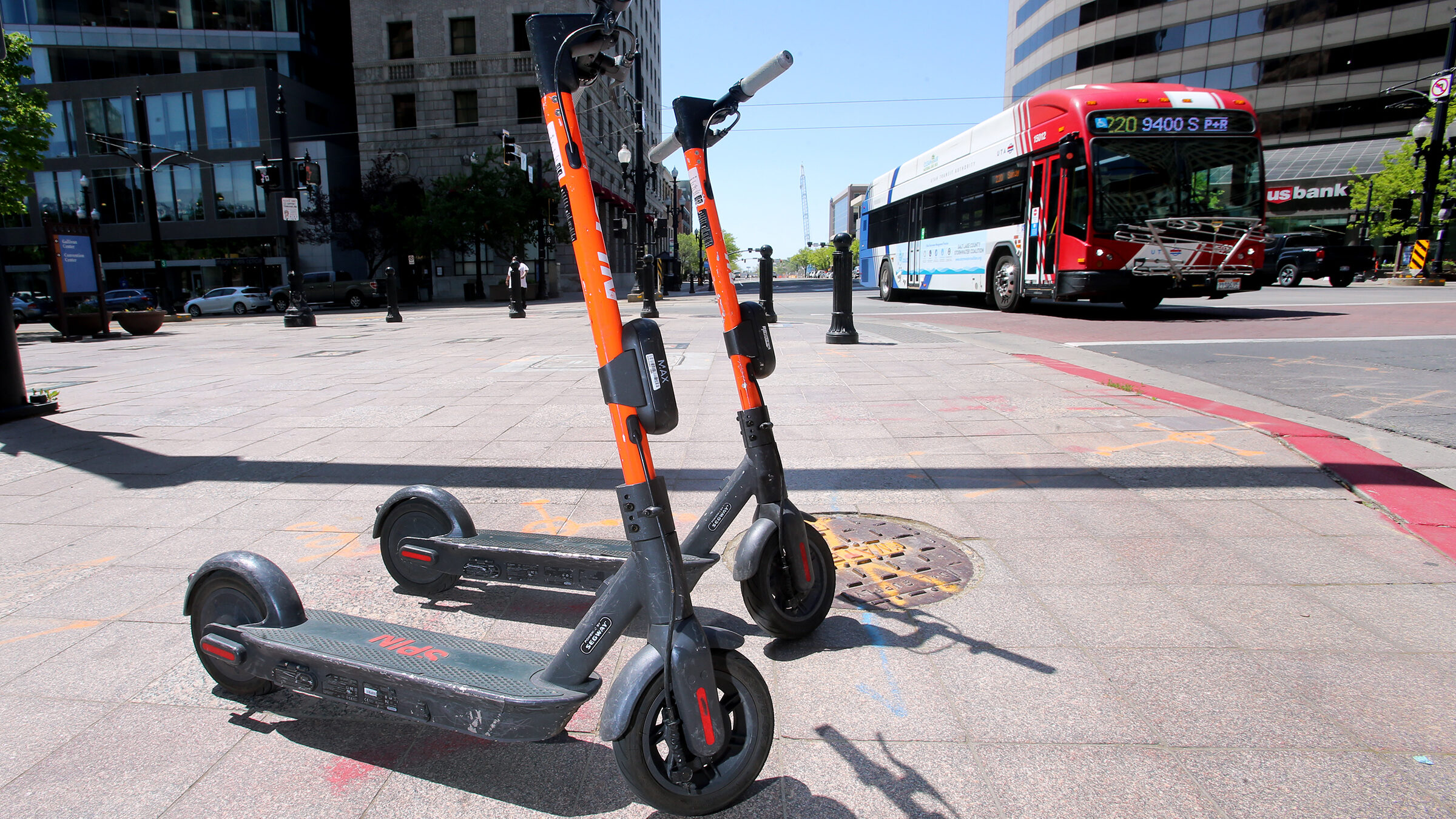How long can I reuse and wear my face mask or respirator?
Sep 5, 2021, 1:48 PM | Updated: 1:50 pm
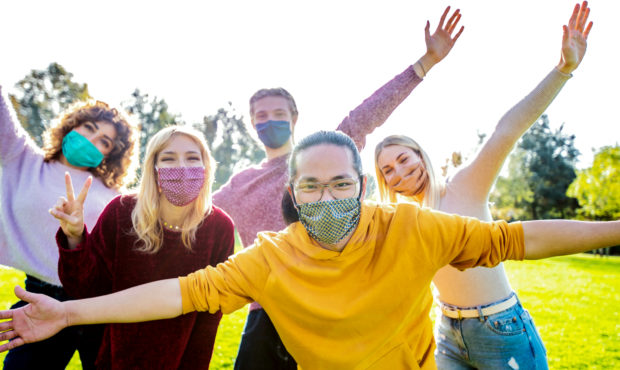
Wear a face mask outdoors in crowded areas or when you are in close contact with unvaccinated people.
-
Discard an N95 or KN95 face mask once it becomes damaged or soiled
-
Don’t reuse a KN95 or N95 face mask more than five times maximum
-
If you must reuse a face mask, store it in a paper bag between uses
SALT LAKE CITY — With every student in Utah receiving a KN95 face mask ahead of the 2021-2022 school year, many parents want to know: how often can my child reuse it?
N95 respirators are tight-fitting face masks that filter out at least 95% of particles in the air and offer more protection than a medical mask because it filters out large and small particles. Frequently, health care workers use them in more high-risk COVID-19 exposure situations. KN95 masks, which don’t fit quite as tightly, frequently get used by other people looking for a higher degree of protection than that available from a cloth or paper single-layer mask.
But how long can you wear them safely?
Manufacturer’s advice is that single-use products like medical surgical masks and respirators should not be reused after being worn on one occasion, according to the FDA. However, if you must reuse a face mask, you should discard it once it becomes soiled or damaged.
KN95 vs. N95 masks – what to know
What’s the difference between N95 and KN95 masks? N95 masks meet U.S. standards for respirators, while KN95 masks are the Chinese standards for masks. In the U.S., authorities do not recommend KN95 masks for health care workers, but suggest they can serve as a great alternative for members of the general public who want protection but do not regularly work in a more high risk environment.
Both types of masks are rated to capture 95% of tiny particles, says Cincinnati.com.
Toss face mask or respirator if damaged or soiled
When supplies abound, people replace KN95 and N95 face masks after each use. Unfortunately, there is a limited supply of N95 masks due to the pandemic. Some hospitals have chosen to reuse them in limited amounts.
Manufacturer guidance says N95 respirators or face masks can be worn for 3 to 4 hours at a time.
The FDA advises: Regardless of whether you use an N95 or KN95 face mask, if your respirator is damaged or soiled, or if breathing becomes difficult, you should remove the respirator, discard it properly and replace it with a new one.
Store your face mask in a paper bag
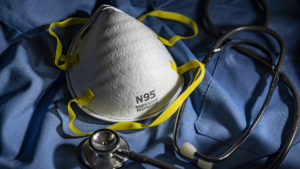
New research finds: Not all fabrics for face masks are the same. So if you want the best protection while out in public, you need to use higher quality cloth. (Getty Images)
The Center for Disease Control and Prevention (CDC) suggests limiting the number of reuses to no more than five per device to ensure adequate safety.
Respirators should seal tightly to the face of the wearer. The edges of the respirator should form a seal around the nose and mouth. N95 respirators are not designed for children or people with facial hair. People who use N95 should perform a “fit test” to make sure the respirator works properly for them.
Prioritize using N95 respirators for those people who are at the highest risk of contracting or experiencing complications of infection.
Use a brown paper bag to store masks in while they decontaminate.
According to the CDC:
- Label masks on the outside of each bag with the wearer’s name and date.
- Remove masks without touching the inside.
- Place the doffed mask for reuse into a new paper bag; discard the bag you stored it in.
- Store all the bags with masks and wait a minimum of five days before reusing masks.
What else you should know
If you are in an area with a high number of new COVID-19 cases within the last week, the CDC recommends wearing a mask indoors in public and outdoors in crowded areas or when you are in close contact with unvaccinated people, according to the Mayo Clinic.
Learn on:
How Long To Wear Surgical Masks & N95 Respirators For Best Performance
How to Clean Wash & Disinfect Cloth, N95 or KN95 Face Masks
How To Prevent the Spread of COVID-19 Coronavirus
COVID-19 coronavirus spreads person to person, similar to the common cold and the flu. So, to prevent it from spreading:
- Wash hands frequently and thoroughly, with soap and water, for at least 20 seconds.
- Don’t touch your face.
- Wear a mask to protect yourself and others per CDC recommendations.
- Keep children and those with compromised immune systems away from someone who is coughing or sneezing (in this instance, at least six feet).
- If there is an outbreak near you, practice social distancing (stay at home, instead of going to the movies, sports events, or other activities).
- Obtain a flu shot.
- Seek out the COVID-19 vaccine.
Local resources
Utah’s Coronavirus Information
The Church of Jesus Christ of Latter-day Saints
Utah Coronavirus Information Line – 1-800-456-7707
National Resources
Centers for Disease Control and Prevention



